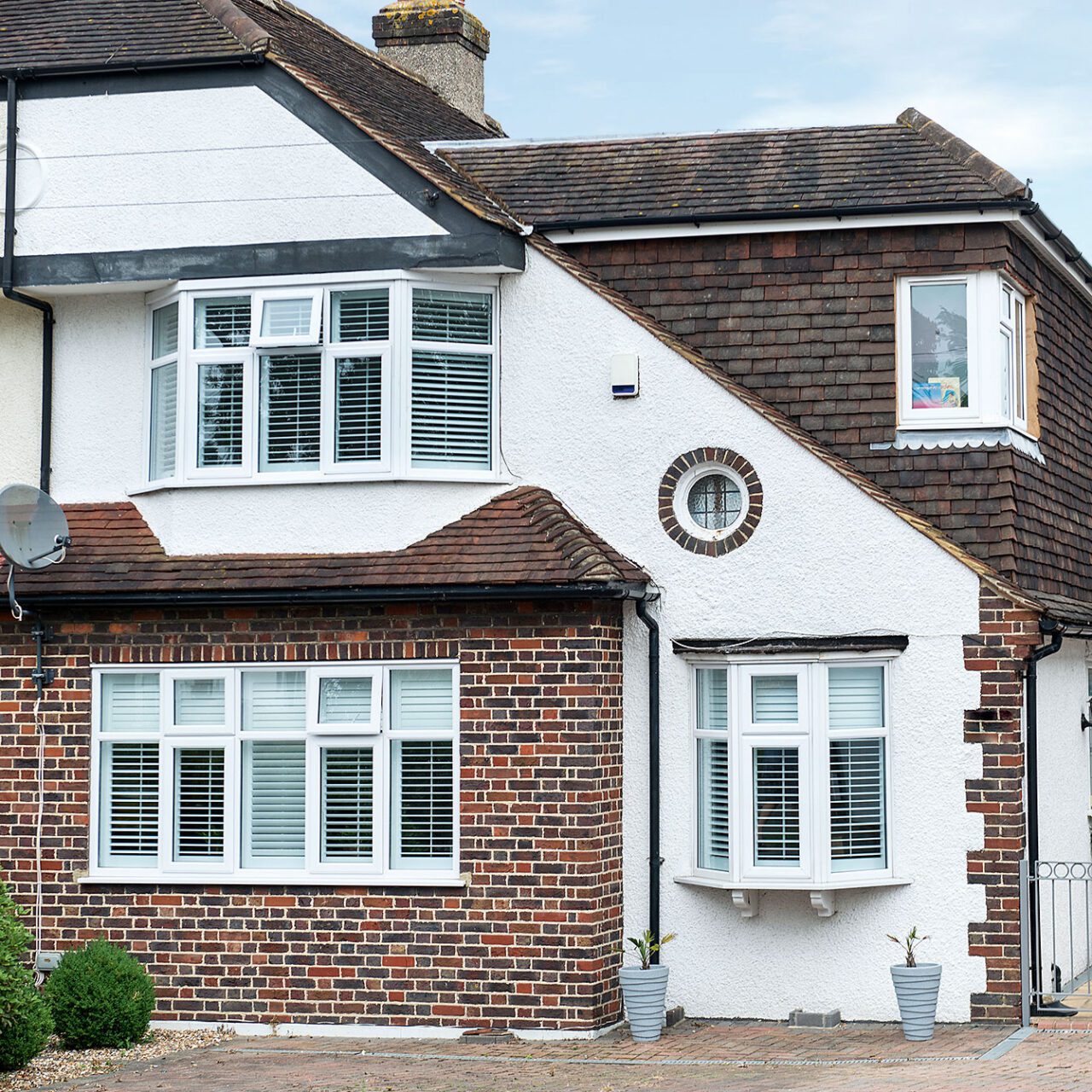Do I need life insurance for a mortgage? How does it work? – Ideal Home

We earn a commission for products purchased through some links in this article.
You don’t have to buy life insurance when you take out a mortgage, but it’s a sensible thing to think about when making a major financial commitment such as buying a house.
No-one can be sure what the future holds, and life insurance means you know mortgage repayments will be covered if you’re not around. ‘No-one likes to think about death, but you should think about how your dependants would cope with payments if you were to die,’ says David Hollingworth of the mortgage adviser L&C.
Do I need life insurance for a mortgage?
No, lenders won’t insist that you take out life insurance to get a mortgage. Lenders expect to be able to get back any money lent to you through the sale of the house if necessary, so life insurance isn’t about protecting them. Rather, it’s about protecting those closest to you, who depend on your financial support. Still, many lenders will urge you to take out life cover at the same time as getting a mortgage, and it’s usually wise to protect your loved ones should you die.
Think about how a long-term partner, spouse or children would manage repayments if you weren’t around. ‘If you have children it’s particularly important to consider how they’ll be financially cared for should anything happen to you,’ says Jonathan Harris, director of independent adviser Harwell Protection Group.
Even if you have a partner who works and earns a good salary, you can’t be complacent. In the event of your death, would they be able to continue earning in this way? Particularly if you have children. Life insurance can be invaluable in this situation.
Equally, if you live alone, you will have less need for life insurance alongside a mortgage. If you pass away before paying off the mortgage, your mortgage becomes a debt against your estate and will need to be repaid before money passes to beneficiaries.
Image credit: Futre PLC/ Colin Poole
How does life insurance work?
There are several different types of life insurance to choose from. For example, ‘level term insurance’ gives you the same amount of cover over the policy’s term, and may be used to run alongside a mortgage. You might decide you want a policy to run for 20 years, for example, with the payout covering both your mortgage and other outgoings.
However, mortgages are generally taken out on a repayment basis these days. So you pay off interest and some of the amount originally borrowed every month, and your mortgage balance reduces over time. ‘Decreasing term insurance’ is designed to run alongside a mortgage, with payouts that fall every year, and you set the policy payout and term to match your mortgage. This is usually a cheaper form of life insurance.
Ideally, you want to take out life insurance as soon as possible. Insurers consider your age and health when setting your premium, and younger people generally pay less than older policyholders. You’ll pay around £18 a month for £150,000 worth of level term life insurance. For example, at age 35-45, rising to more than £30 in your 50s.
The most expensive kind of life insurance is ‘whole of life insurance’. As its name suggests, this covers you for your entire lifetime (as long as you keep paying the premiums). So beyond the mortgage term.
What insurance is a legal requirement when taking out a mortgage?
The only insurance that’s legally required when taking out a mortgage is buildings insurance to cover the cost of repairing damage to the property’s structure. This will be stipulated in the mortgage terms.
Still, don’t get hung up on what’s mandatory. Chris Sykes, from broker Private Finance, says: ‘We always recommend that clients also take other forms of protection like life insurance, income protection and critical illness cover when taking out a mortgage.’ Income protection insurance, for example, will make sure your family has a regular income or lump sum if you’re unable to work after a serious illness, so that bills will be paid.
Harris says: ‘With more people now surviving serious illnesses and left living with the impact of the condition, needing alterations to the home and often ongoing private medical treatment, making sure you have cover in place is more essential than ever.’
It is a good idea to seek independent financial advice before choosing the cheapest life, critical or income protection insurance policy. It’s vital that the policy is suitable for you and that it’ll pay out when your family needs it most. Harris adds: ‘Consult an independent adviser with access to all insurers across the protection market to receive the right advice and policy for you. This’ll ensure you get comprehensive cover, as not all insurers’ products or claims handling are the same.’






